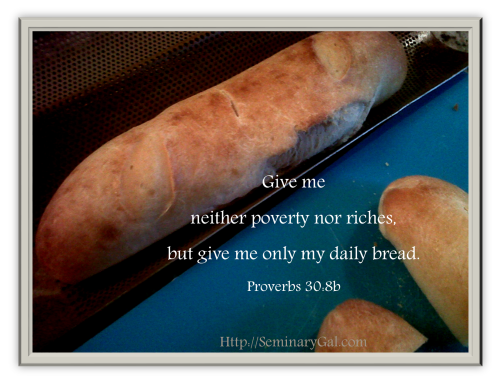Mark 12: 38 As he taught, Jesus said, “Watch out for the teachers of the law. They like to walk around in flowing robes and be greeted in the marketplaces, 39 and have the most important seats in the synagogues and the places of honor at banquets. 40 They devour widows’ houses and for a show make lengthy prayers. Such men will be punished most severely.” 41 Jesus sat down opposite the place where the offerings were put and watched the crowd putting their money into the temple treasury. Many rich people threw in large amounts. 42 But a poor widow came and put in two very small copper coins, worth only a fraction of a penny. 43 Calling his disciples to him, Jesus said, “I tell you the truth, this poor widow has put more into the treasury than all the others. 44 They all gave out of their wealth; but she, out of her poverty, put in everything– all she had to live on.”
After Jesus excoriates the teachers of the law for devouring widows’ houses, why did Jesus let the poor widow put money into the temple treasury? (It was all she had to live on.)
Jesus was not a disinterested observer. He was watching the crowd put their money in and was carefully considering what was happening.
He saw rich people throw in large amounts of money, yet He didn’t say anything praiseworthy about their levels of contribution. There were many rich people, yet He didn’t say anything comparing two rich people, assessing their relative levels of giving.
Then toddles up the poor widow. She puts in a relative pittance—a fraction of a penny. Why didn’t Jesus stop her? Doesn’t He care about the poor? If He knew it’s all she had to live on, why didn’t He tell her not to do it—to keep that money because she had nothing else?
The truth is that Jesus doesn’t view the poor the way we do.
He doesn’t see rich as good and poor as bad (a status needing correction). Nor does He condemn the rich as bad (needing to get religion) and glorify the poor as good (morally better).
That’s a human assessment made by people preoccupied with money and engaging in prideful, often self-serving comparisons. We categorize rich and poor and may even assign a morality to them basis the amount of money they have.
If anything, Jesus considers the rich to be under a far greater burden because the rich have the means not to depend on God at all. The poor of our world are often far happier than the rich of our world. Why is that?
Perhaps before we go beyond helping to alleviate poverty—which is definitely a Christian thing to do—and attempt to do something Jesus Himself did not do (though He is God, sinless and perfect) by giving them sufficient money to elevate their living status to middle-class or rich, maybe it’s good to ask ourselves why Jesus didn’t do that when He walked the earth. Pause and think on that one awhile.
In the temptations of Jesus, we read:
“Again, the devil took him to a very high mountain and showed him all the kingdoms of the world and their splendor. “All this I will give you,” he said, “if you will bow down and worship me.” Jesus said to him, “Away from me, Satan! For it is written: ‘Worship the Lord your God, and serve him only.'” (Matthew 4:8-10)
Desiring riches and splendor can lead to temptation and worship of the wrong things and that will only get any of us in trouble. Jesus knew that for Himself. Why not us?
The poor certainly hold a special place in God’s heart–I will not argue against that. Christian compassion should compel us to meet their daily needs of sustenance as the Body of Christ. However, there must be more to the issue than just money and maybe that’s why Jesus didn’t stop the widow or remove her from that place of dependence upon God.
Proverbs 30:8b “Give me neither poverty nor riches, but give me only my daily bread.”